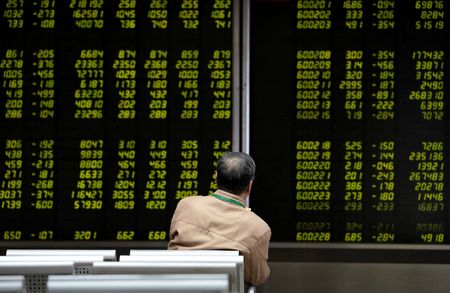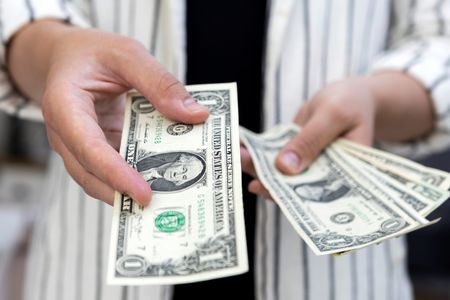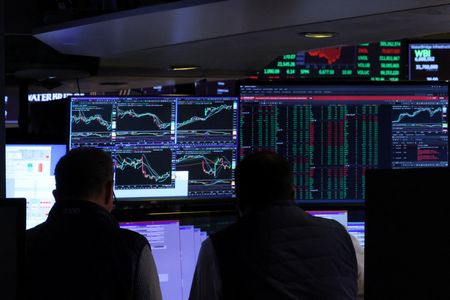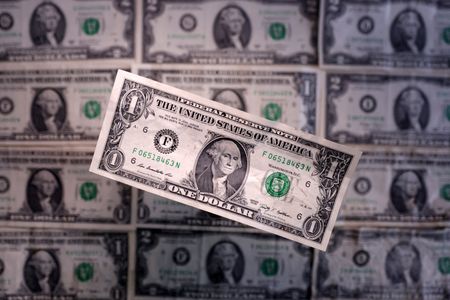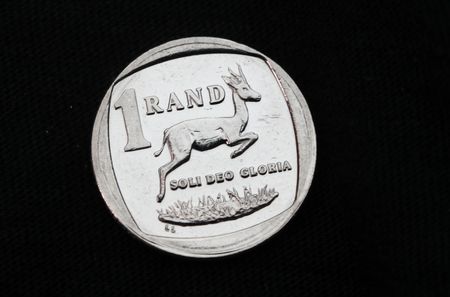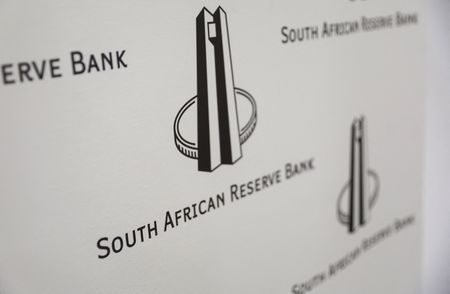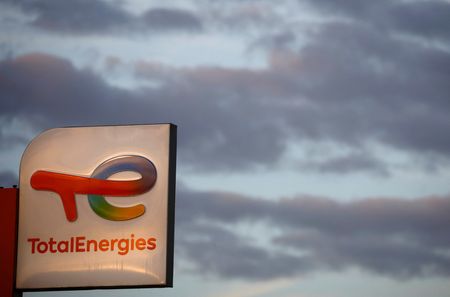By Stella Qiu
SYDNEY (Reuters) – Asian shares were headed for weekly gains on Friday on hopes of further rate cuts around the world, while the Nikkei retreated from record highs after the Bank of Japan flagged a further unwinding of its massive stimulus policies.
The BOJ maintained short-term interest rates at 0.5% on Friday, as widely expected, but two members voted for a hike. It also decided to start selling its vast holdings of exchange-traded funds (ETF) and real-estate investment trusts (REIT).
The dollar lost 0.4% to 147.48 yen after the decision. Japan’s Nikkei, which hit a record high in early trade, reversed gains and was last down 0.4%, trimming its weekly gain to just 0.8%.
The focus now falls on BOJ Governor Kazuo Ueda’s news conference, scheduled for 0630 GMT.
Data showed Japan’s core inflation ran at 2.7% in the year to August, marking the slowest pace in nine months, although it was still above the central bank’s 2% target.
Earlier in the week, central banks in the United States, Canada and Norway cut interest rates, while the Bank of England held steady.
“With the past week’s central banks decisions in the rear-view mirror, it’s clear that no one’s been comfortable to surprise,” said James Rossiter, head of global macro strategy at TD Securities.
“Ongoing uncertainty is clearly cutting policymakers’ risk appetites, though we expect cuts from many central banks at their next meetings.”
South Korea’s benchmark share index lost 0.6% but still hovered near a record level. It was up 1.3% for the week, bringing the total gain over the past two weeks to over 7%.
MSCI’s broadest index of Asia-Pacific shares outside Japan was off 0.1% but still looked set for a weekly rise of 0.7%, hovering not far from its four-year tops.
Friday is also the day when stock options, index options and stock index futures all expire on the same day, leading to increased trading activity and potential market volatility. Both Nasdaq futures and S&P 500 futures were little changed.
Chinese blue chips inched up 0.3%, while Hong Kong’s Hang Seng was flat ahead of an expected phone call later in the day between President Donald Trump and his Chinese counterpart Xi Jinping.
There is a lot for investors to consider leading into that call, with a deal on TikTok possibly close, China’s Huawei outlining its chip plans, and Beijing ordering tech firms not to buy Nvidia’s AI chips.
Overnight, benchmark S&P 500, the Dow and the Nasdaq all closed at record highs, helped by better jobless claims data and news that Nvidia will invest $5 billion in the struggling U.S. chipmaker Intel.
Intel shares surged 23%, while Nvidia gained 3.5%.
In foreign exchange markets, the dollar rebounded after the Fed’s first cut in nine months. The dollar index held at 97.28, finding some support after plunging to a multi-year low of 96.224 on Wednesday.
The pound held losses at $1.3557, having slid 0.6% overnight as the BOE kept rates unchanged at 4%.
The dollar gained 0.9% on the Norwegian crown overnight after the Norges Bank cut rates and signaled rates could continue to fall.
In the bond market, 10-year Treasury yields held at 4.1102%, having edged up 3 basis points overnight.
The 10-year Japanese Government Bond yield jumped 4 bps to 1.635%, just short of this month’s high of 1.64%, a level not previously seen since July 2008.
In commodity markets, oil prices were steady, after settling lower in the previous session. U.S. crude was little changed at $63.60 a barrel, while Brent was flat at $67.47.
Spot gold prices gained 0.4% at $3,658 an ounce.
(Editing by Sam Holmes and Kim Coghill)

